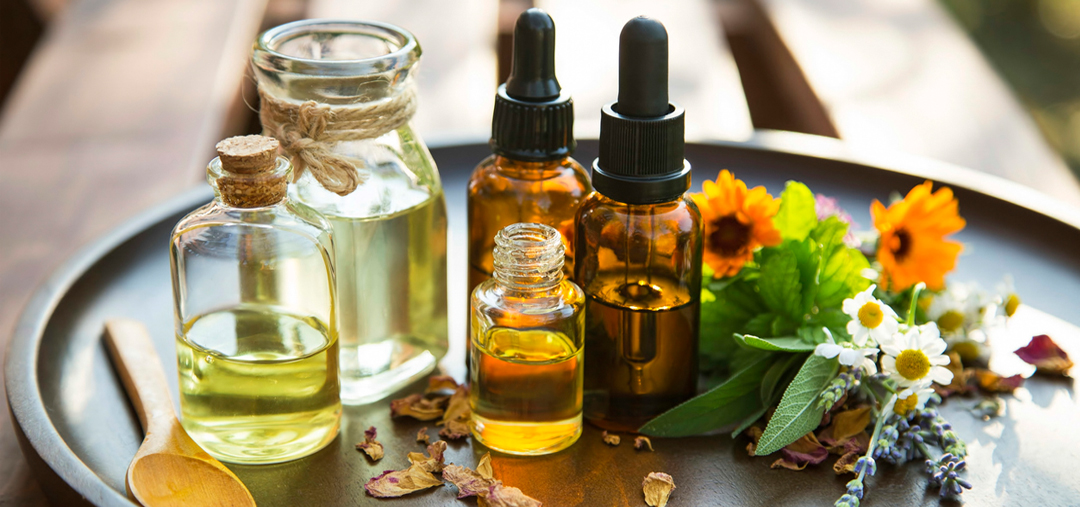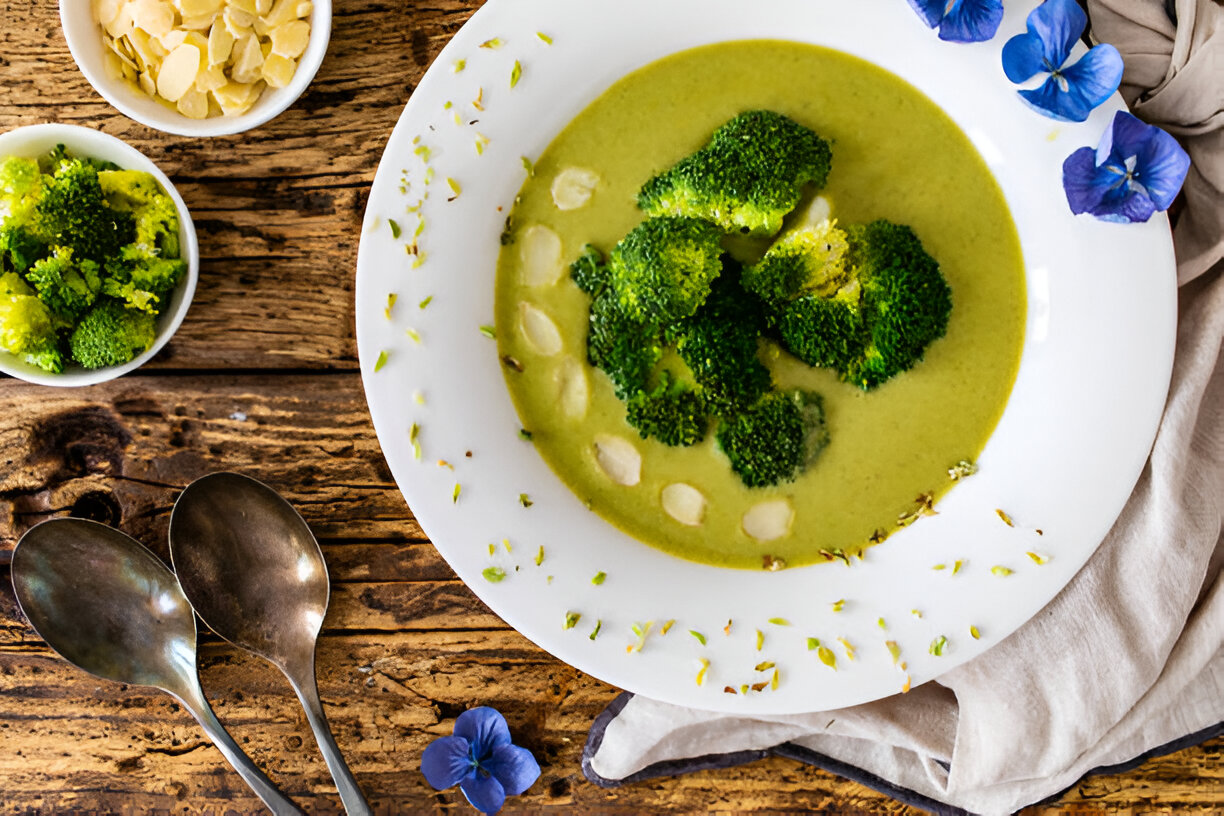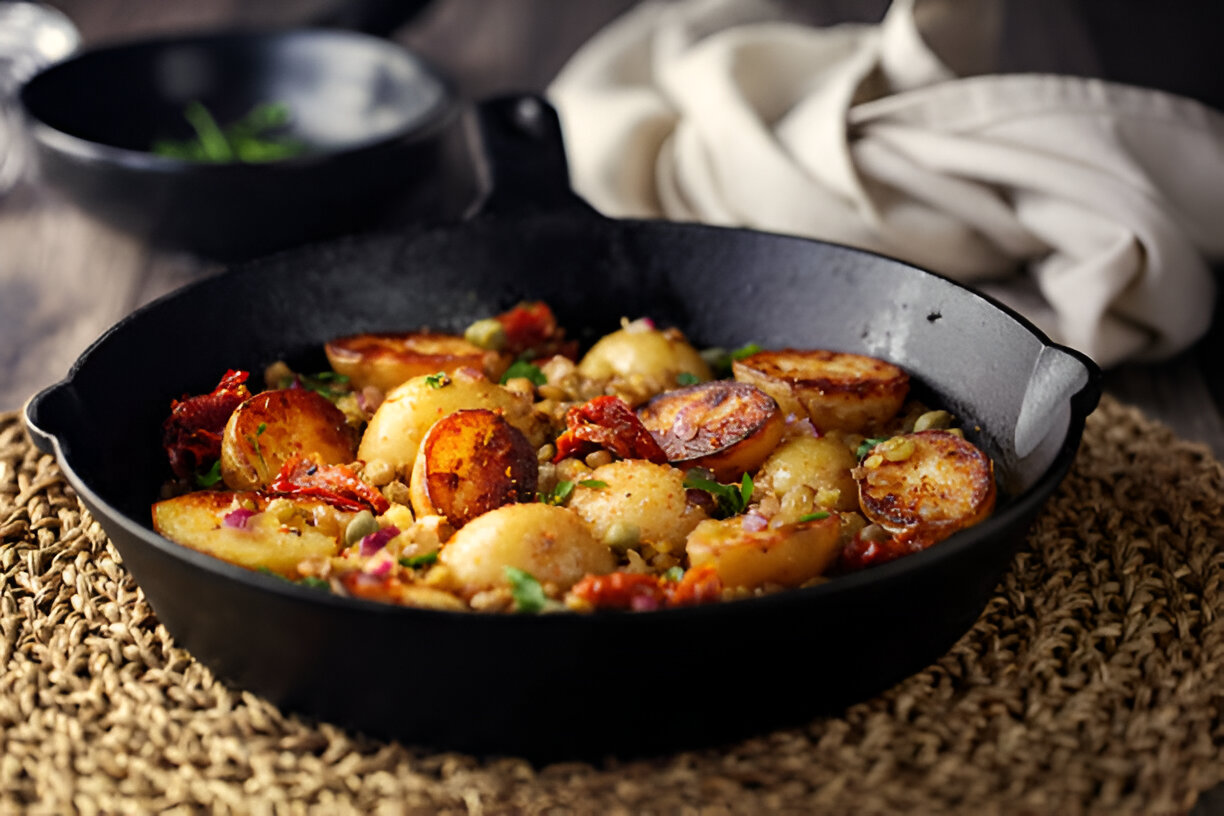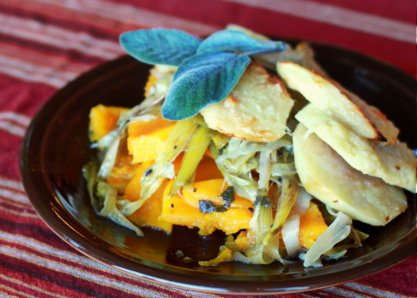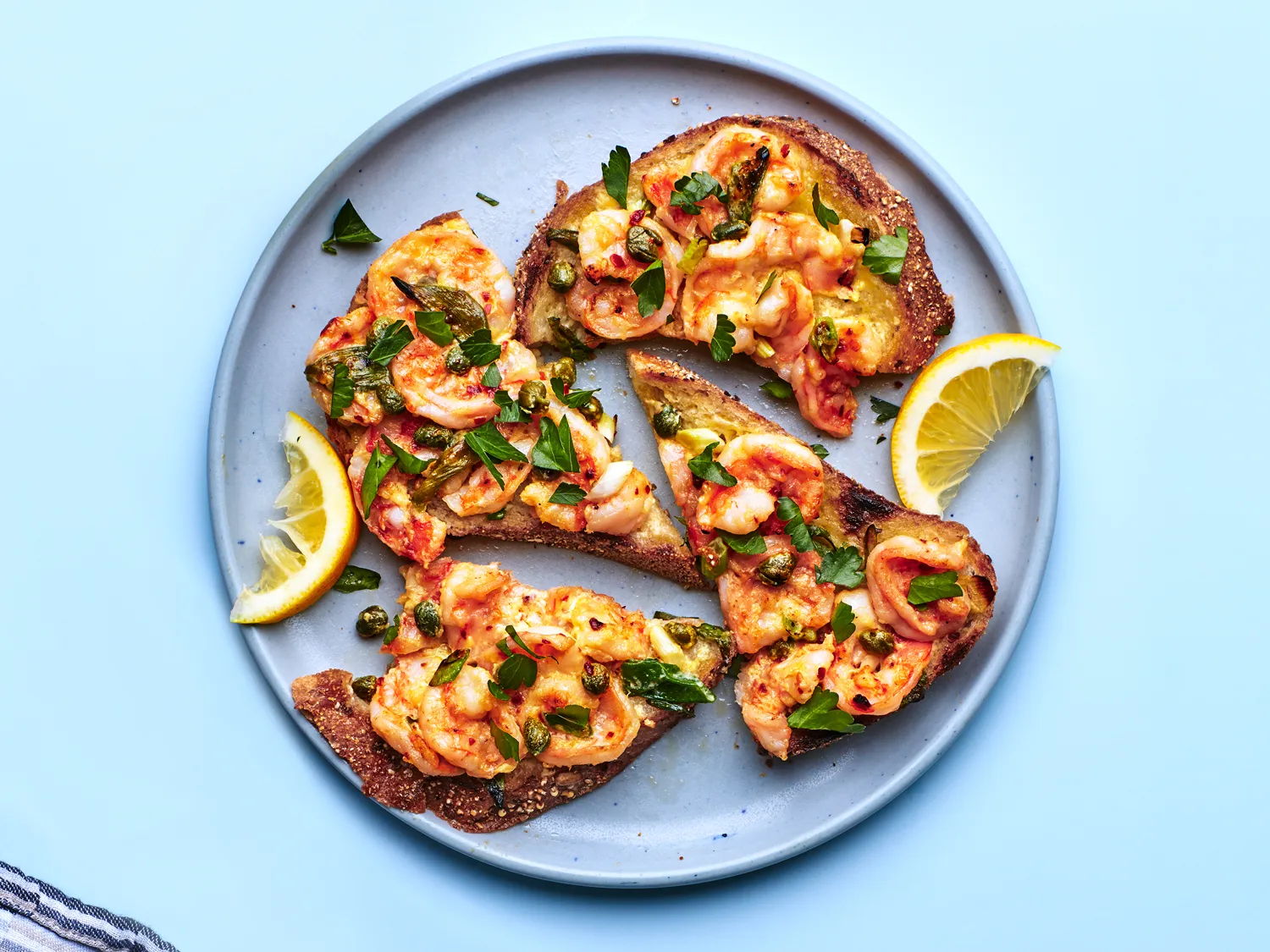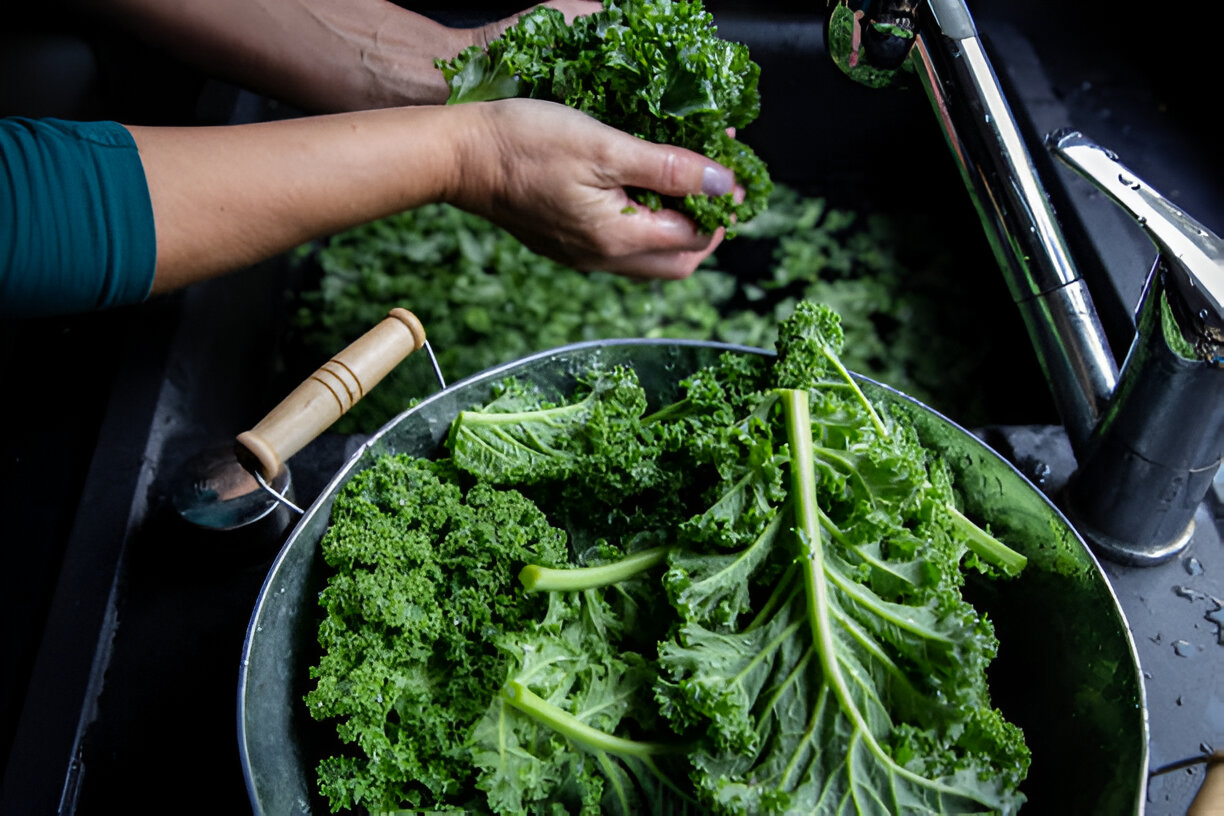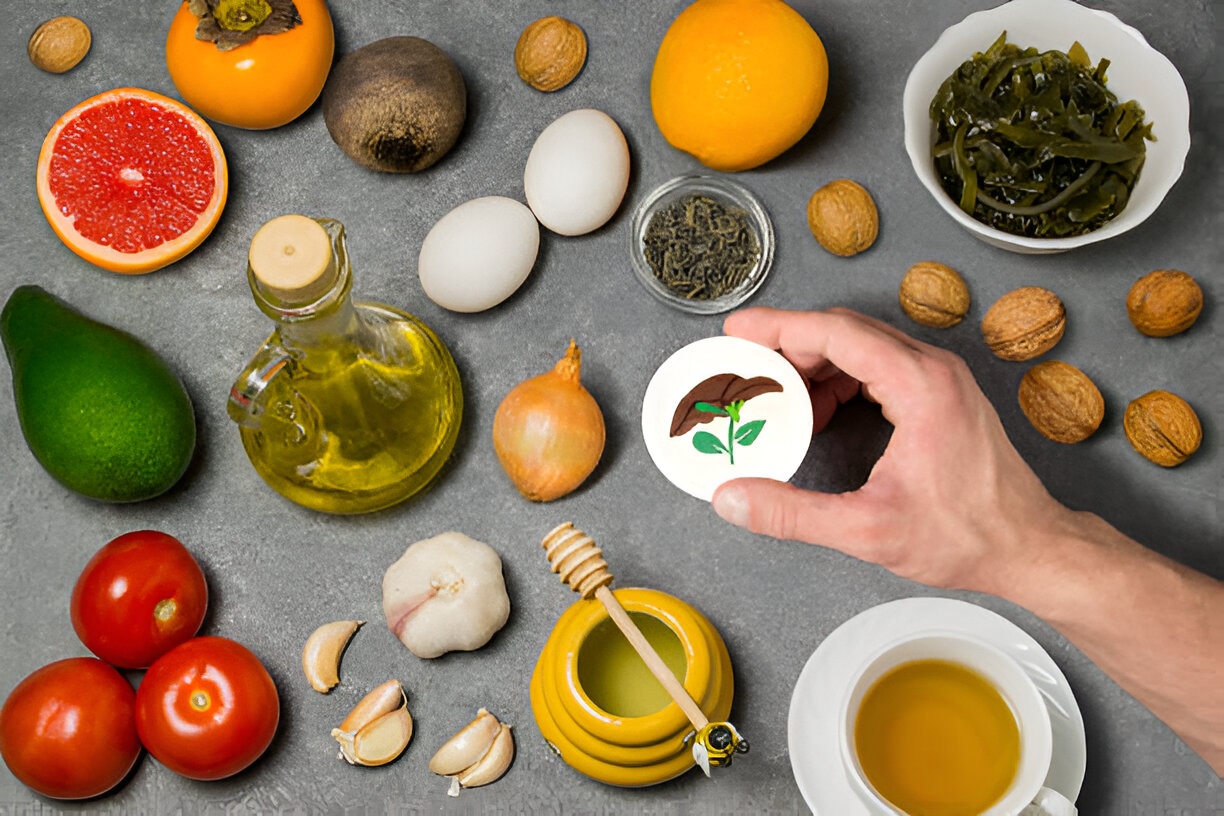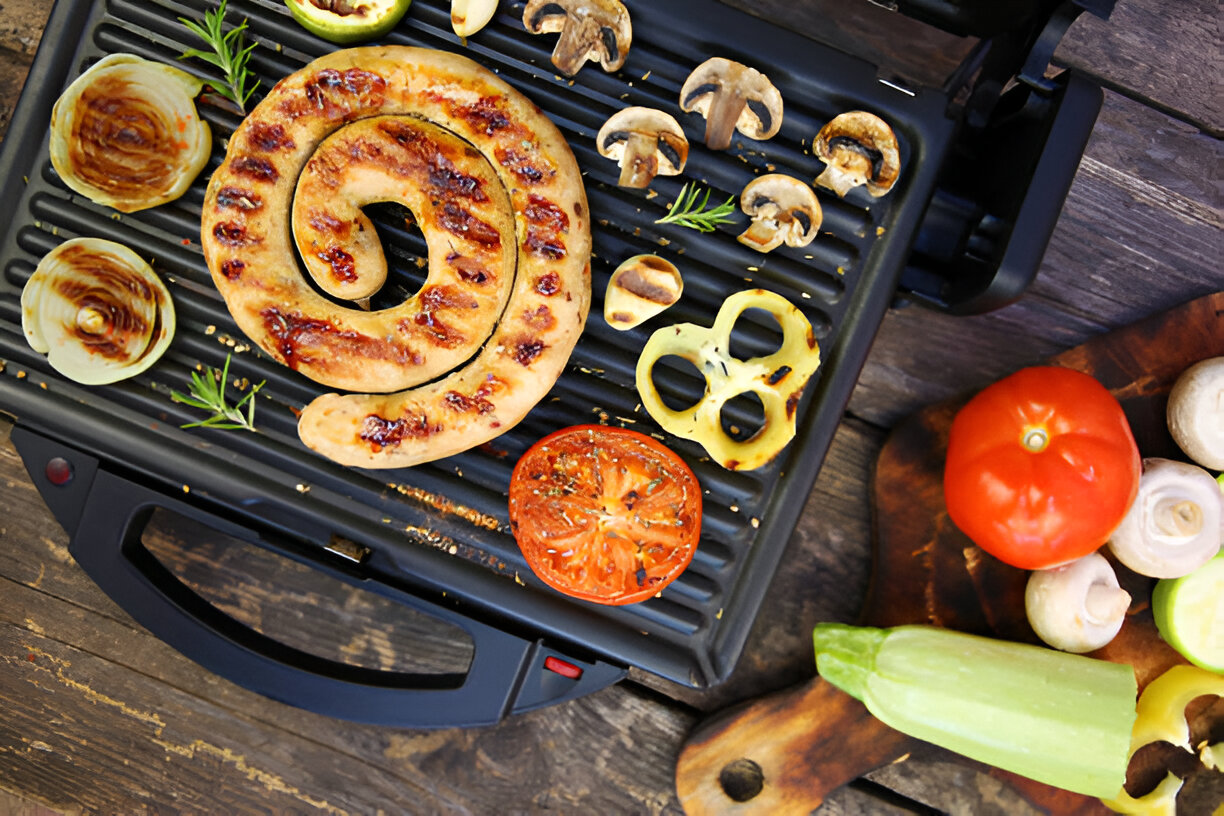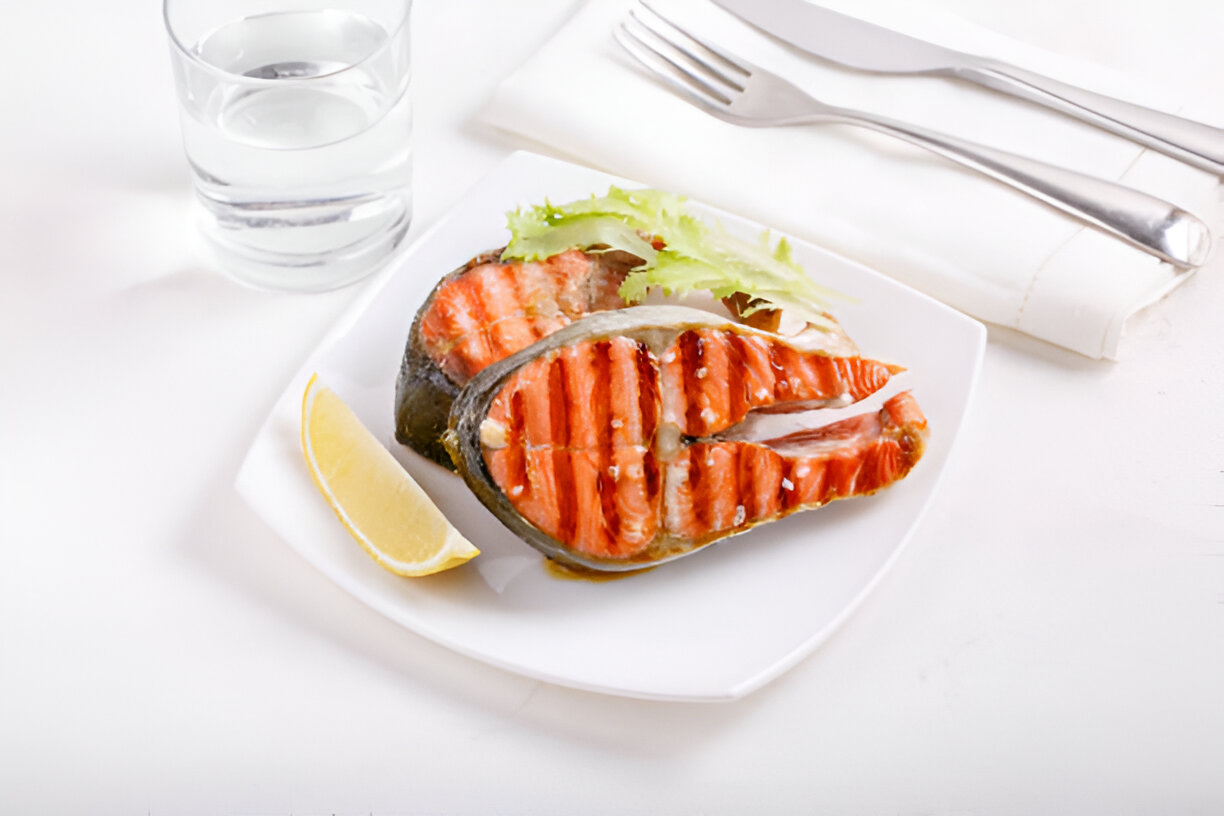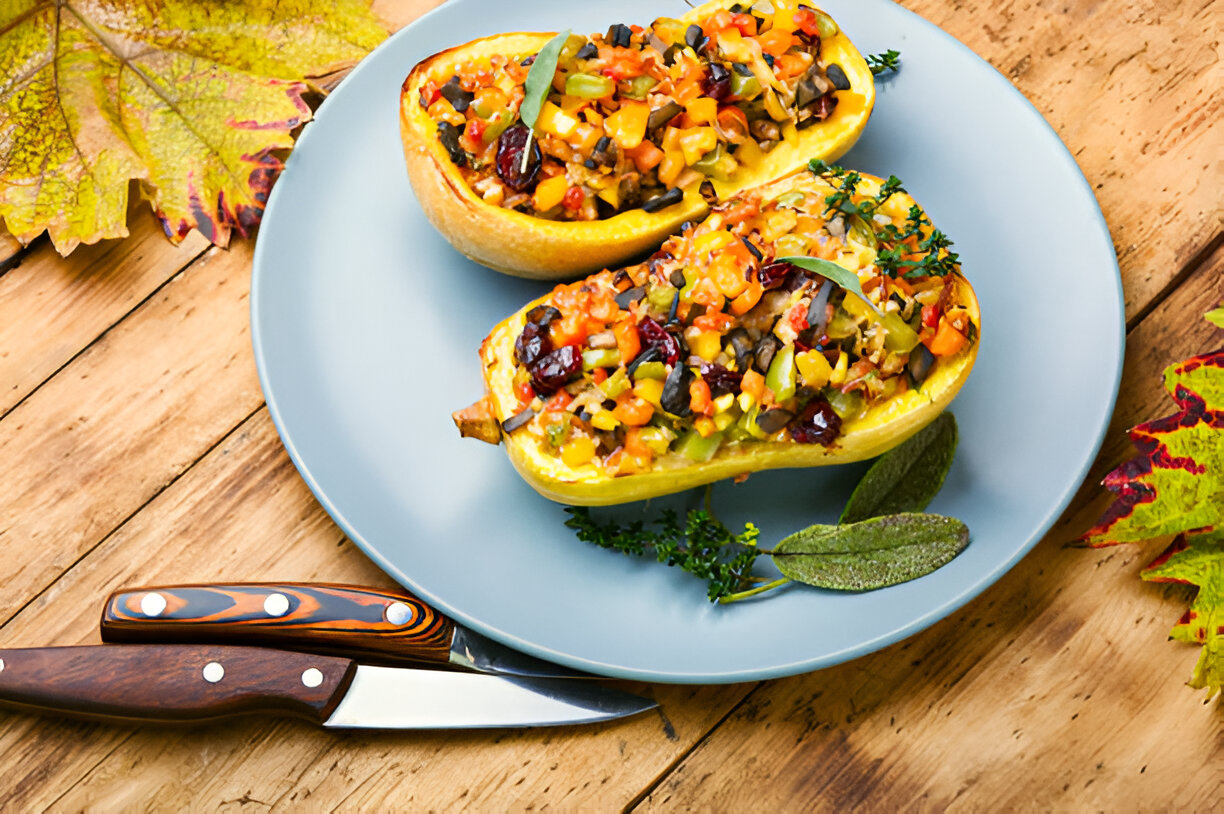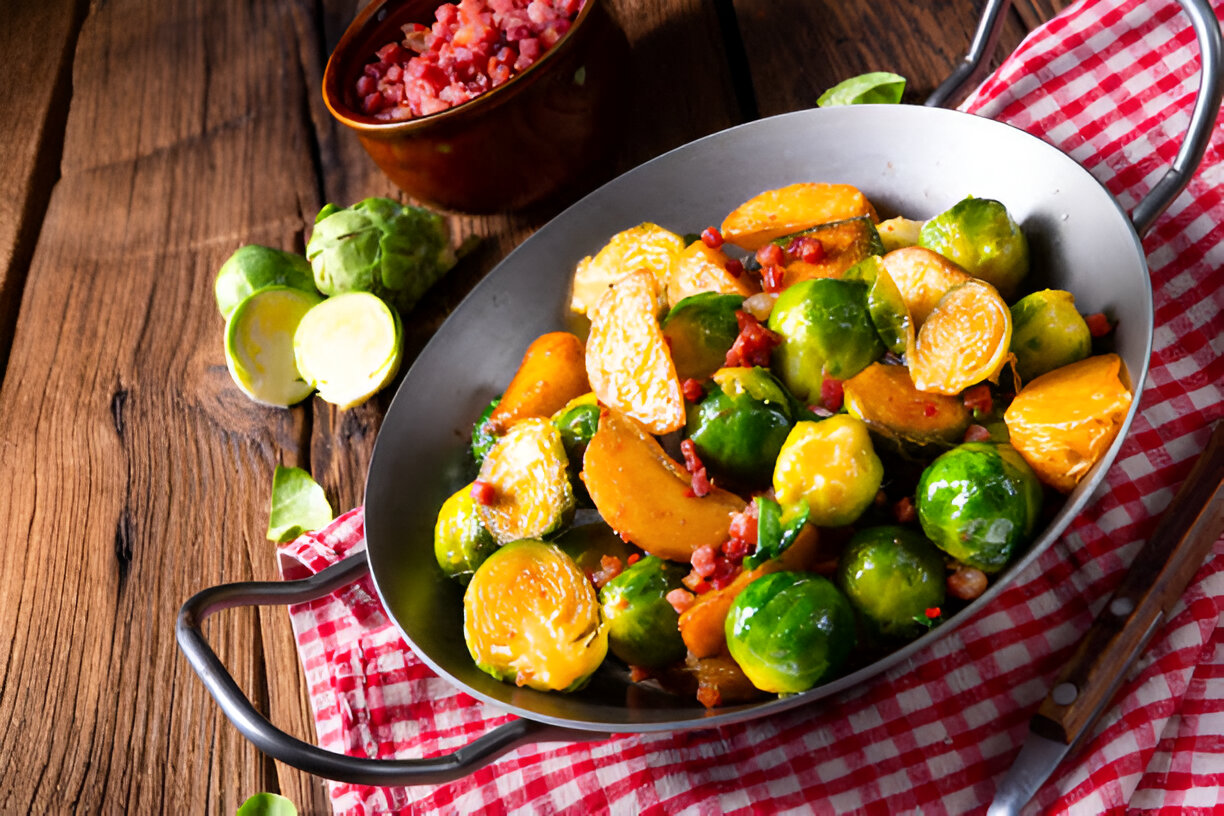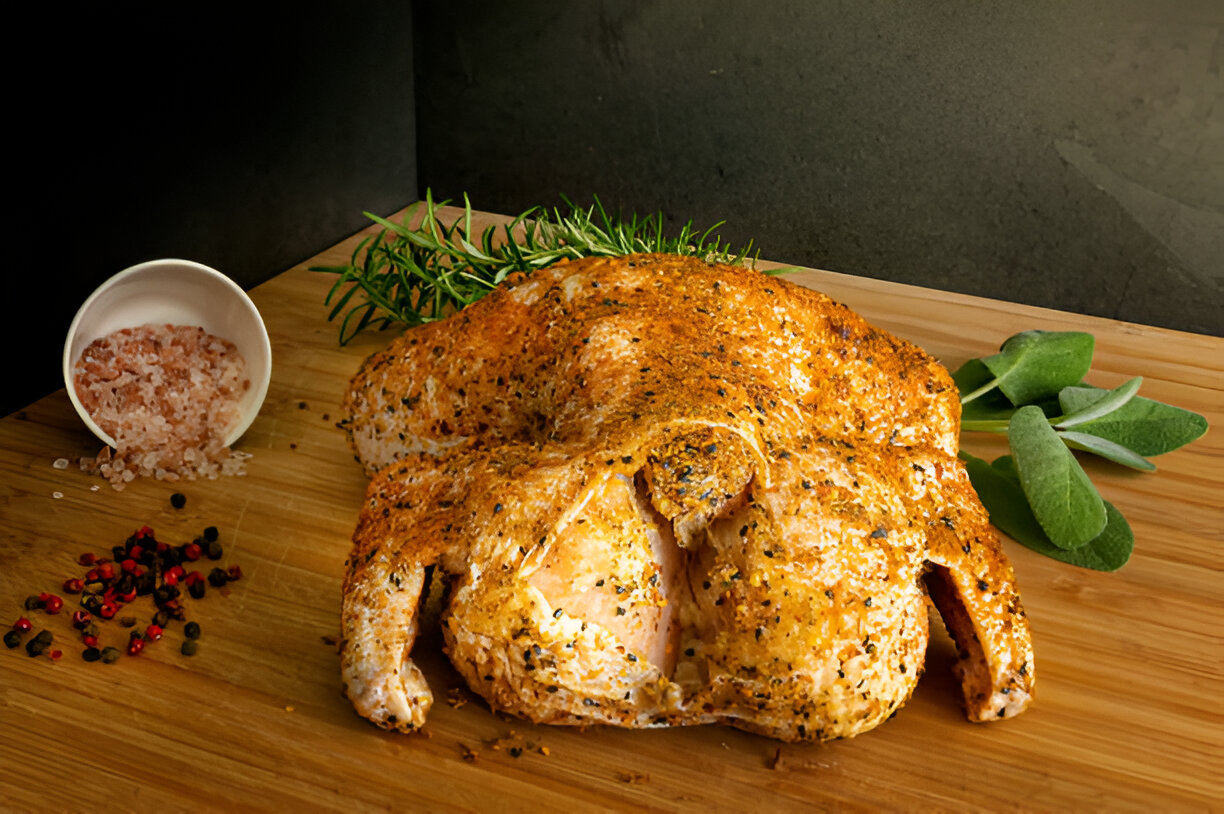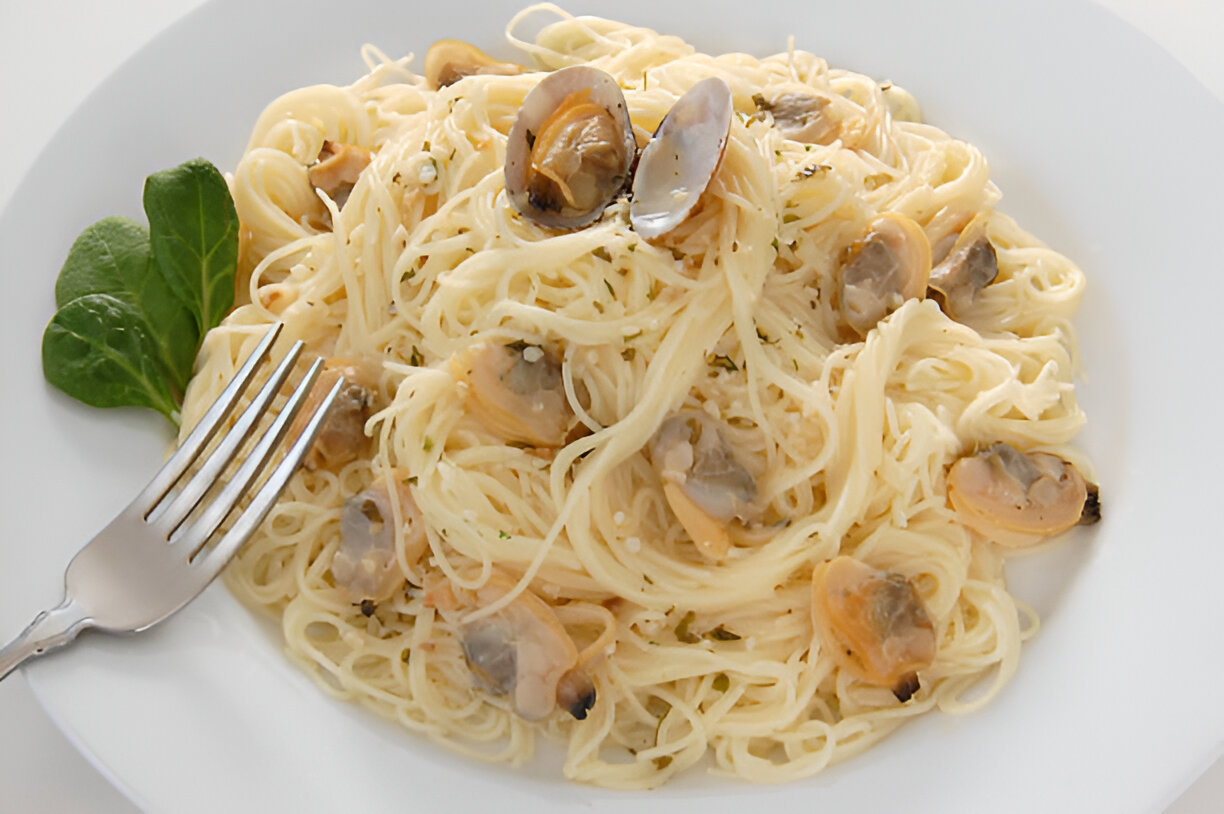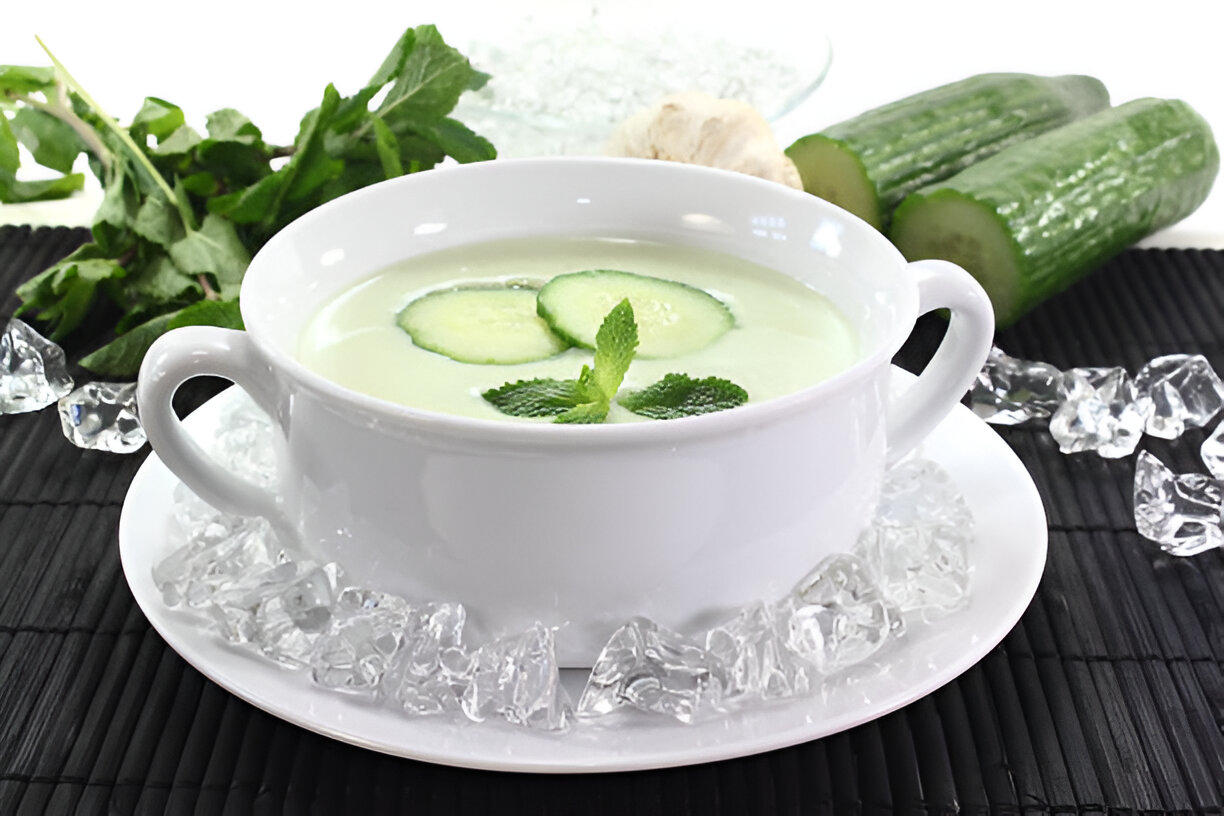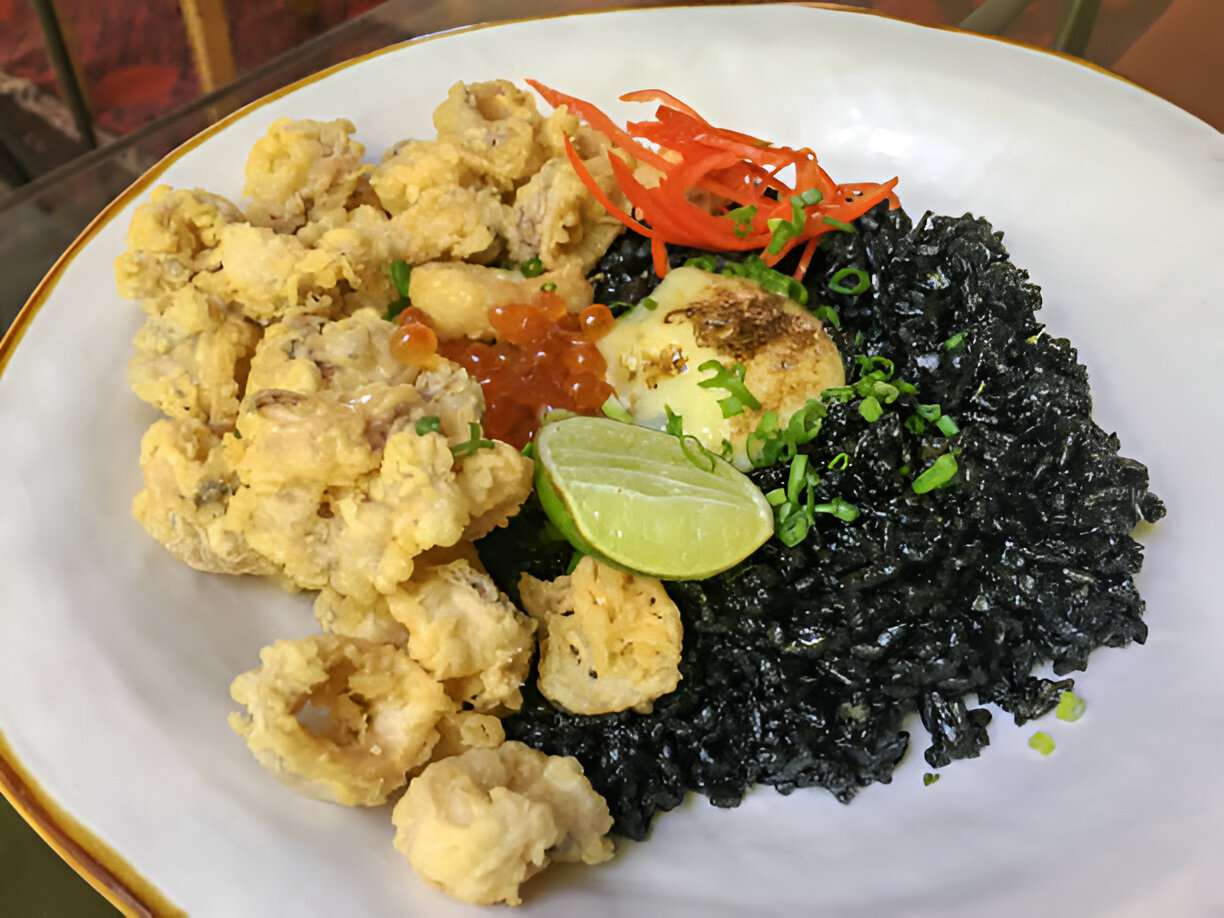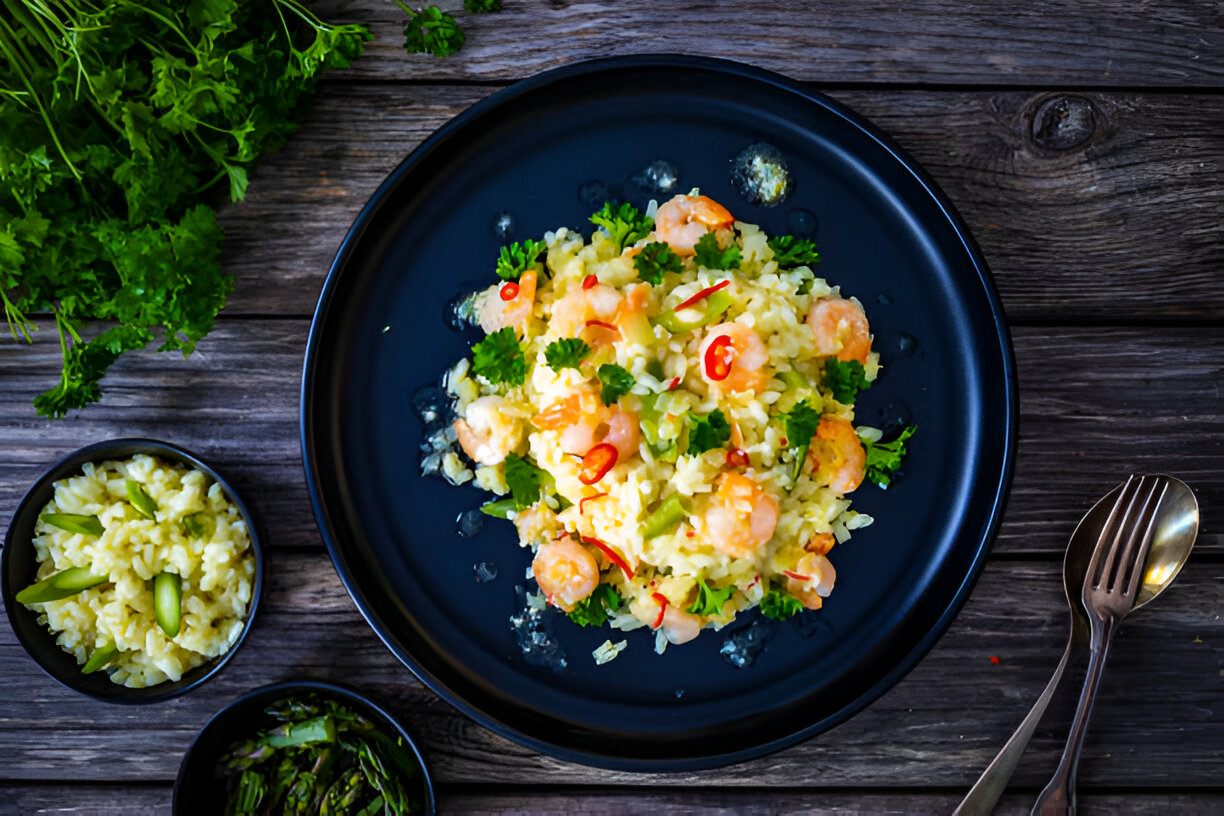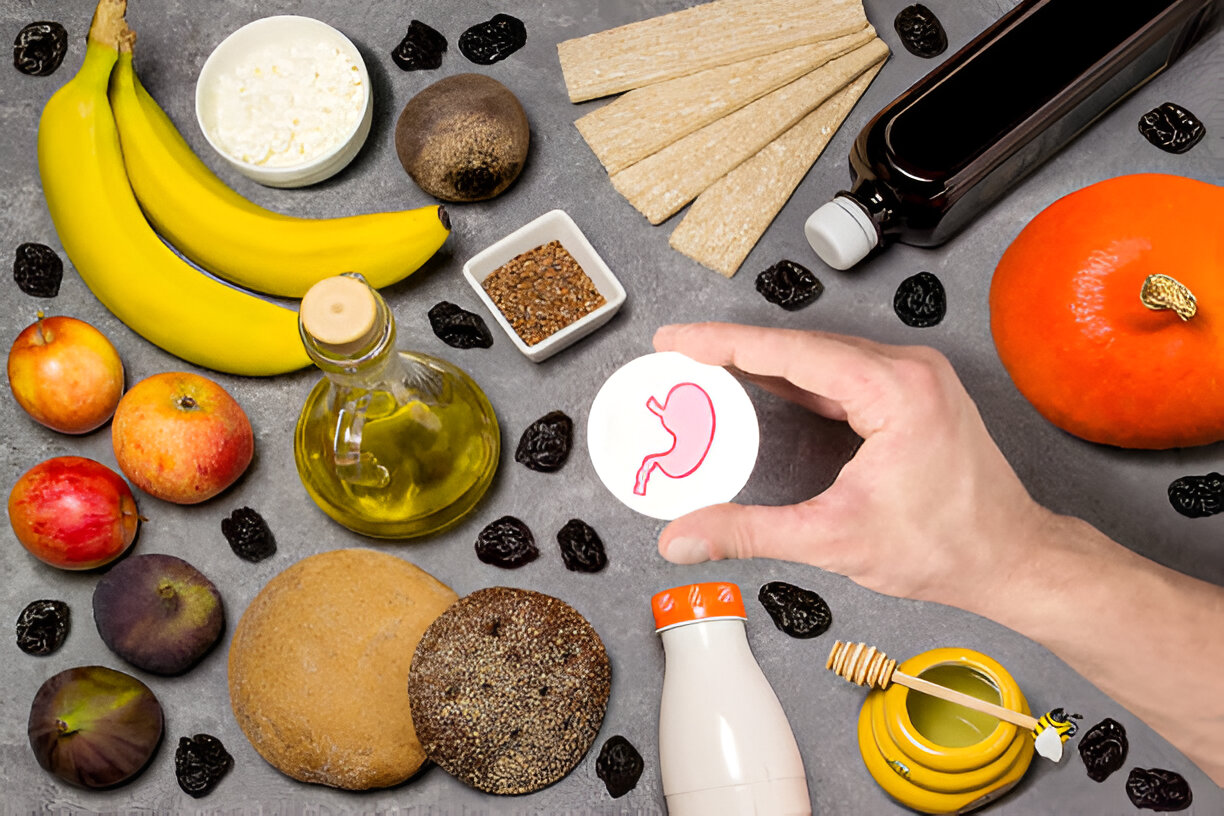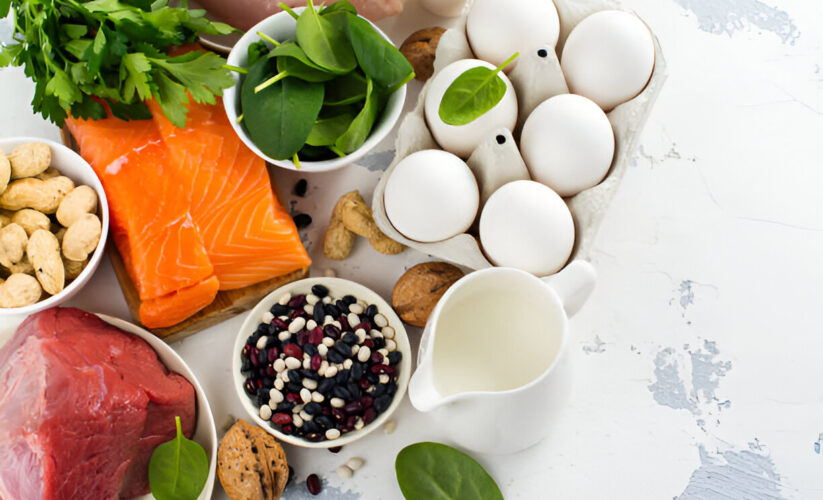
Power Up
In cold weather, you may be tempted to give up on the farmers’ market and head straight to the tropical-fruit aisle of your grocery store. But don’t turn away so quickly. Those durable, sturdy veggies that last long after the peaches and blueberries have come and gone are secret stores of vitamins, minerals, fiber, and more; plus, they all have a proven track record of fighting disease and promoting good health.
Don’t let their pesky peels or unwieldy tops intimidate you: These seasonal superstars are all fairly easy to prepare using the following tips. And once your appetite’s whetted, check out “Power Foods,” the new book from Whole Living — our first!
Beets
Known for their earthy sweetness, beets have the highest sugar content of any vegetable. Nevertheless, they’re low in calories, high in fiber, and rich in iron; they’re also loaded with heart-healthy folic acid and the cancer-fighting antioxidant beta-carotene.
The leafy greens, which can stand in for their botanical cousin Swiss chard, are even more nutritious than the roots, with double the potassium, folic acid, calcium, and iron.
Beets
Buy and Store
At farmers’ markets and gourmet grocers you’ll likely find golden, white, and striped beets — called Chioggia or Candy Cane — alongside the red ones. Look for bunches of firm beets with hearty greens. (Wilted tops don’t necessarily signal bad beets, but fresher greens mean more vegetable for your money.)
Unless you’re planning to chop or grate the beets, choose a uniform-size bunch so they’ll cook in the same amount of time. Leaving an inch of stem attached to the root, cut away the greens and refrigerate the beets and tops in separate plastic bags. Beets will last at least a month, but you should use the greens within three or four days.
Brussels Sprouts
Diminutive in size, brussels sprouts are nutritional giants, packed with nutrients that benefit the heart, boost the immune system, and promote healthy, resilient skin. A member of the phytochemical-heavy cruciferous family, sprouts also contain a wealth of glucosinolates, thought to fight cancer. (They also give the sprouts that pungent smell when they’re cooked.) Isothiocyanates, a by-product of these sulfurous compounds, trigger the liver to produce detoxifying enzymes that aid in the elimination of potential carcinogens.Research has shown that eating cruciferous vegetables may reduce the risk of premenopausal breast cancer. Need more reasons to love them? These baby cabbages are also loaded with vitamin A, which promotes a strong immune system, as well as fiber, vitamin C, and folate.






